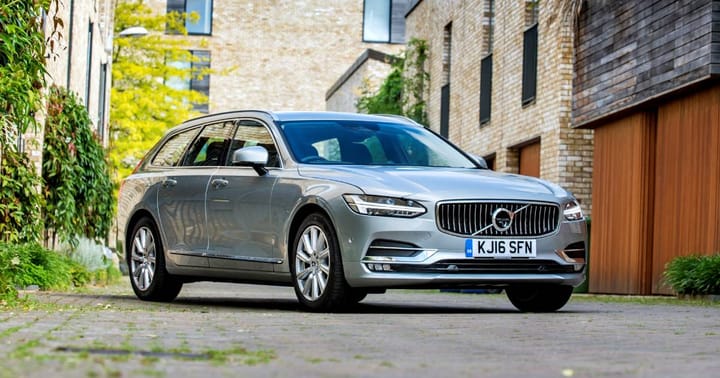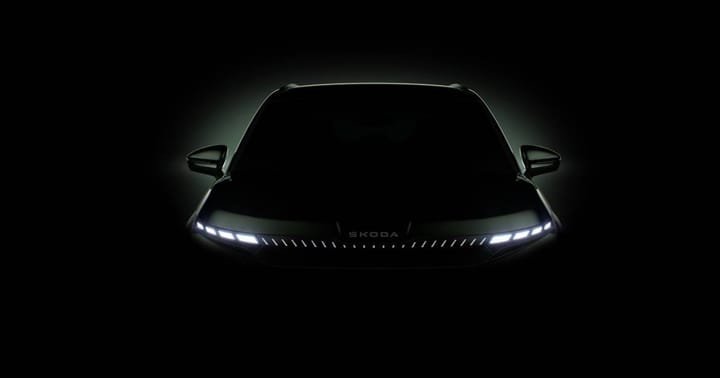EVs from MG, Polestar, BYD and other Chinese firms to be hit with EU tariffs of up to 38%
Tariffs follow concerns around state subsidisation; UK doesn’t have to follow rules, ‘mirrors’ most EU automotive regulations

The European Commission (EC) is to impose import tariffs of up to 38.1% on electric cars from China in an attempt to offset what it deems “unfair subsidisation”.
The EC, effectively the EU’s parliament, says that “should discussions with Chinese authorities not lead to an effective solution”, from 4 July 2024 cars built in China by BYD and sold in EU countries will be hit with import duties of 17.4%, Geely vehicles will attract a 20% rate, and SAIC motors a 38.1% tariff.
Crucially, a car would not have to wear a Geely or SAIC badge, for example, to attract the EU’s tariffs – it would merely need to be fully assembled in China.
This means, for instance, that cars built in China by MG (which is owned by SAIC), and Polestar (owned by Geely), will be subject to the same tariffs as their parent companies.
Assuming they are fully absorbed by consumers, the 38.1% tariff on SAIC cars would push the starting price of a Chinese-made MG4 sold in France up from €24,990 to €34,511; Geely's 20% duty would see a base-specification Polestar 2 increase from €46,275 to €55,530 in Germany.
Manufacturers that “did not cooperate” with the EC’s investigation, which began in October last year and has reached its “provisional conclusion” stage, will have a 38.1% levy applied, while firms that cooperated but were not “specifically sampled” as part of the Commission’s audit be given duties of 21%, calculated as a “weighted average”.
These tariffs are substantial, and would almost certainly have to be passed on to consumers, at least in part, dramatically offsetting the price advantage many Chinese electric vehicles currently enjoy compared to vehicles built in other countries.
Assuming nothing changes – for instance if the EC’s “discussions with Chinese authorities” mentioned above bear fruit – then the tariffs will be applied from 4 July '24 and monies collected from 2 November '24, following the concluding of the EC’s investigation in September '24.
The EC says there is “sufficient evidence” that electric vehicles “originating” in China benefit from “subsidies provided by the Government of the People's Republic of China”. The EC says these benefits include:
- "Direct transfer of funds and potential direct transfers of funds or liabilities
- Government revenue forgone or not collected
- Government provision of goods or services for less than adequate remuneration"
The EC said its investigation found, in particular, that EVs built in China and exported to EU countries can benefit from:
“various grants, provision of loans, export credits and credit lines provided by State-owned banks or bonds underwritten by State-owned banks and other financial institutions at preferential terms”.
The EC says such conventions may represent “a threat of injury to the Union industry.”
With Britain no longer a part of the EU there is no requirement for cars sold here to face the same import duties, but UK automotive legislation has long since ‘mirrored’ EC policy – for example our cars meet the same safety and emission regulations as those sold on the Continent, because the automotive industry is too complex for country-specific rules to be practicable. The UK may also feel the need to introduce identical tariffs to the EU due to it being the second-largest market for new cars in Europe, because over a million cars were built here in 2023, and because there are major plans afoot for UK EV manufacturing to increase even further.
Car companies from countries other than China that build vehicles there could also see import tariffs applied when selling into the EU. The European Commission says that Tesla, which has a plant in Shanghai, may receive an individually calculated duty rate “at the definitive stage”, which begins on 6 September 2024. Other firms producing electric vehicles in China can apply to the EC for an "accelerated review" of their operations.
Chinese automotive manufacturers have made electric vehicles something of a speciality in recent years. MG re-established itself well over a decade ago after having been purchased by state-owned SAIC, but while it still offers the hybrid MG3 hatchback, plus petrol versions of the HS and ZS SUVs, its portfolio is heavily focussed on electric cars such as the MG4 and 5.
BYD (privately owned), Ora (privately owned by Great Wall Motors) and Omoda (from state-owned Chery) are much newer players in the UK and EU, but either exclusively or predominantly sell electric vehicles, no doubt due to the scheduled ban on the sale of new petrol, diesel and hybrid cars from 2035, a policy shared by Britain and its Continental neighbours.
A spokesperson from Polestar said: “We are monitoring the European Commission investigation, and it would be premature to speculate on its eventual outcome. Polestar has worked closely with our manufacturing partners to respond to any questions or requests for information.” BYD and MG were approached for comment.


